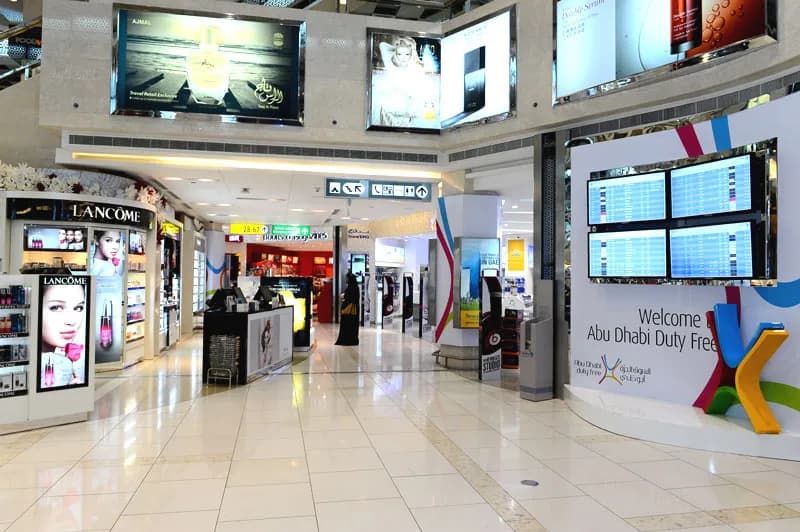.webp&w=3840&q=100)
Why Gulf Investors Are Betting Big on Airports for Safe and Steady Returns
.webp&w=3840&q=100)
February 24, 2025 · 3 min read
by Zayd Rahman
In recent years, Gulf investors have increasingly turned their attention to airport assets worldwide, recognising the robust and stable returns these investments can offer. This trend is exemplified by significant moves such as the Abu Dhabi Investment Authority's (Adia) estimated $4 billion bid for Malaysia Airports Holdings, highlighting the strategic importance placed on aviation infrastructure.
Airports as Secure Investments
Airports are often viewed as resilient assets due to their essential role in global connectivity and commerce. They serve as critical gateways, facilitating trade, tourism, and business travel, which are fundamental to economic growth. The consistent demand for air travel, even amid global challenges, underscores the stability of airport revenues. This reliability makes them attractive to investors seeking steady returns.
Gulf Investments in Global Aviation
Gulf-based sovereign wealth funds and investment entities have been proactive in acquiring and investing in airport infrastructure beyond their borders. For instance, Adia's substantial investment in India's GMR Group, amounting to approximately $750 million, provides a foothold in one of the world's fastest-growing aviation markets.
Similarly, Bahrain's Investcorp Capital has committed to the $4.2 billion redevelopment of New York’s JFK International Airport Terminal 6, reflecting confidence in the long-term value of such projects.
Regional Expansion and Development
Within the Gulf region, there is a concerted effort to enhance and expand airport capacities to meet burgeoning demand. Currently, 48 airport renovation, expansion, and new projects worth $182.6 billion are underway, aiming to increase passenger handling capabilities significantly.
Notably, Dubai is investing $35 billion in the Al Maktoum International Airport at Dubai World Central (DWC), which is poised to become the world's largest airport, with an eventual capacity of 260 million passengers annually.
.webp)
Image: © Coop Himmelb(l)au
Strategic Advantages
Investing in airport infrastructure offers Gulf investors several strategic benefits:
- Diversification: Airport assets provide a means to diversify investment portfolios, reducing reliance on traditional sectors such as oil and gas.
- Economic Influence: Ownership stakes in international airports can enhance geopolitical influence and strengthen economic ties with other regions.
- Revenue Generation: Airports generate income through various streams, including passenger fees, cargo handling, retail concessions, and real estate development, offering multiple avenues for return on investment.
Future Outlook
The global airport industry is projected to reach a valuation of $194 billion by 2024, with investments expected to hit $2.4 billion by 2040.
This growth is driven by increasing passenger numbers, particularly in emerging markets across Africa and Asia, presenting ample opportunities for Gulf investors to expand their portfolios.
The strategic investment in airport infrastructure aligns with the Gulf region's broader economic diversification goals. By capitalising on the stable and lucrative nature of aviation assets, Gulf investors are well-positioned to secure long-term returns while enhancing their global economic footprint.
by Zayd Rahman
Enter your details and receive our free Media Kit.

Trusted by brands that soar high
Book some time with one of our media specialists and let’s explore how to maximize your next airport campaign.
Ready to let your business soar?
Complete your boarding card and let us take your company to the skies.
Gulf Airport Advertising

Elevate your brand with impossible to miss airport advertising.
12 international airports
284M+ annual passengers
42,000+ media touchpoints









